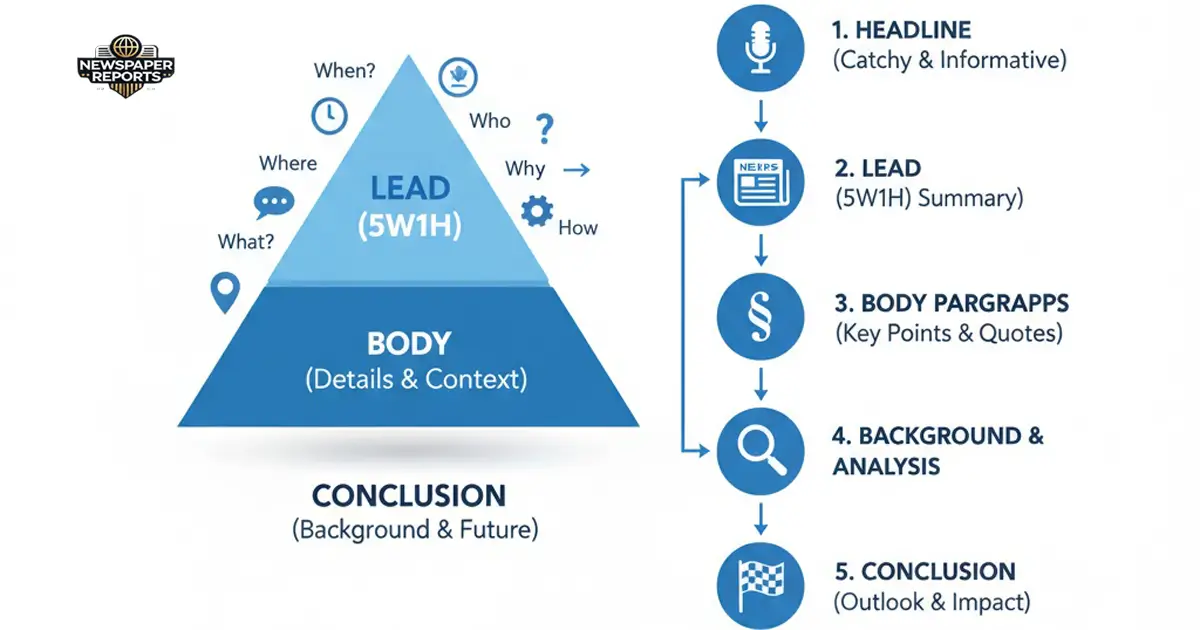Google E-E-A-T: How to Demonstrate It for Higher Rankings and Better SEO Performance
Google E-E-A-T - Experience, Expertise, Authoritativeness, and Trustworthiness - is a key part of how Google evaluates content quality. Understanding and applying E-E-A-T can help your website earn higher rankings, more user trust, and better long-term visibility in search results.
What Is Google E-E-A-T?
E-E-A-T stands for Experience, Expertise, Authoritativeness, and Trustworthiness. It originated from Google Search Quality Rater Guidelines, which help evaluators judge how reliable and valuable a web page is. While E-E-A-T is not a direct ranking factor, it strongly influences how Google algorithms assess the credibility of your content and brand.

Why E-E-A-T Matters for SEO
Google goal is to provide the most reliable and useful results for every query. Websites that show real expertise and trust are more likely to rank higher. By demonstrating E-E-A-T, you build both algorithmic and human confidence in your content, which directly impacts organic traffic, user engagement, and conversions.
Key Elements of Google E-E-A-T
1. Experience
Google values content created by people who have direct, hands-on experience with the topic. Sharing personal insights, data, or case studies can demonstrate genuine experience.
2. Expertise
Expertise shows that the author has in-depth knowledge in the subject area. Include professional credentials, accurate data, and well-researched analysis to establish expertise.
3. Authoritativeness
Authoritativeness means being recognized as a reliable source within your niche. You can build authority through backlinks from reputable sites, media mentions, and positive brand reputation.
4. Trustworthiness
Trust is the foundation of all ranking signals. Display clear author bios, transparent sources, secure site (HTTPS), privacy policies, and genuine reviews to strengthen trustworthiness.
How to Demonstrate E-E-A-T on Your Website
- Publish content written or reviewed by verified experts.
- Include author bios with credentials and professional background.
- Use credible references and cite authoritative sources.
- Showcase real experience through examples, data, or testimonials.
- Earn backlinks from trustworthy and relevant websites.
- Maintain transparency with clear contact details and policies.
- Regularly update your content to ensure accuracy.
Common E-E-A-T Mistakes to Avoid
- Publishing generic or unverified content.
- Lack of author transparency or credentials.
- Using low-quality backlinks or spammy promotion.
- Neglecting security (no HTTPS or missing privacy policies).
- Ignoring user trust signals like reviews or testimonials.
Conclusion
Building E-E-A-T takes time, but it's one of the most sustainable SEO strategies. When your content demonstrates real experience, verified expertise, industry authority, and trust, Google and users reward you with stronger visibility and engagement.
Frequently Asked Questions
Is E-E-A-T a direct Google ranking factor?
No. E-E-A-T itself isn't a direct ranking factor, but it influences many signals Google uses to evaluate content quality, such as backlinks, user engagement, and expertise indicators.
How can small websites improve their E-E-A-T?
Small sites can boost E-E-A-T by publishing original content, providing author credentials, collecting genuine user reviews, and referencing authoritative sources within their niche.
What’s the difference between E-A-T and E-E-A-T?
Google added Experience in 2022 to highlight the value of firsthand knowledge. E-A-T focused on Expertise, Authoritativeness, and Trustworthiness; the new E rewards content created by those with real-life experience.
How does E-E-A-T affect YMYL (Your Money or Your Life) content?
For YMYL topics like health, finance, or safety, Google applies E-E-A-T more strictly. Content must be written or reviewed by qualified experts with reliable sources and up-to-date information.
How often should I update my content for better E-E-A-T?
Regular updates show that your site maintains accuracy and relevance. Audit your main pages at least every 6-12 months, especially if your niche involves rapidly changing information.
Summary
Google E-E-A-T helps websites prove their value through real experience, expertise, authority, and trust. By applying these principles consistently, your content will attract more organic traffic and maintain long-term search visibility.


Excellent guide - you’ve clearly broken down how Google’s E-E-A-T framework (Experience, Expertise, Authoritativeness, Trustworthiness) impacts search rankings and actionable steps to demonstrate it on your site.
Very informative article - I especially appreciated how you emphasised the difference between 'Expertise', and 'Authority'. Many guides blur those terms, but your examples make the distinction clear.
Thanks for elevating the discussion beyond “just keywords” and into true quality signals.